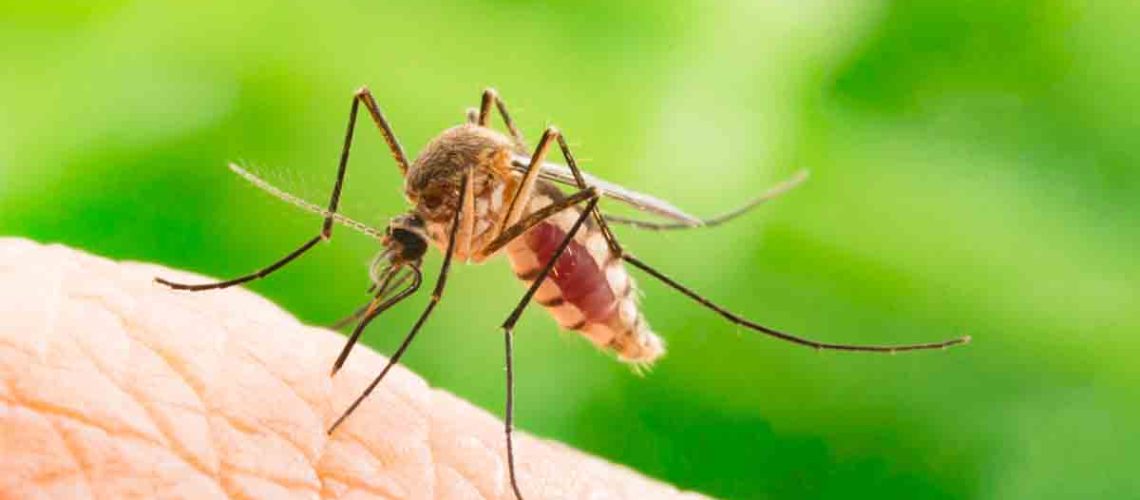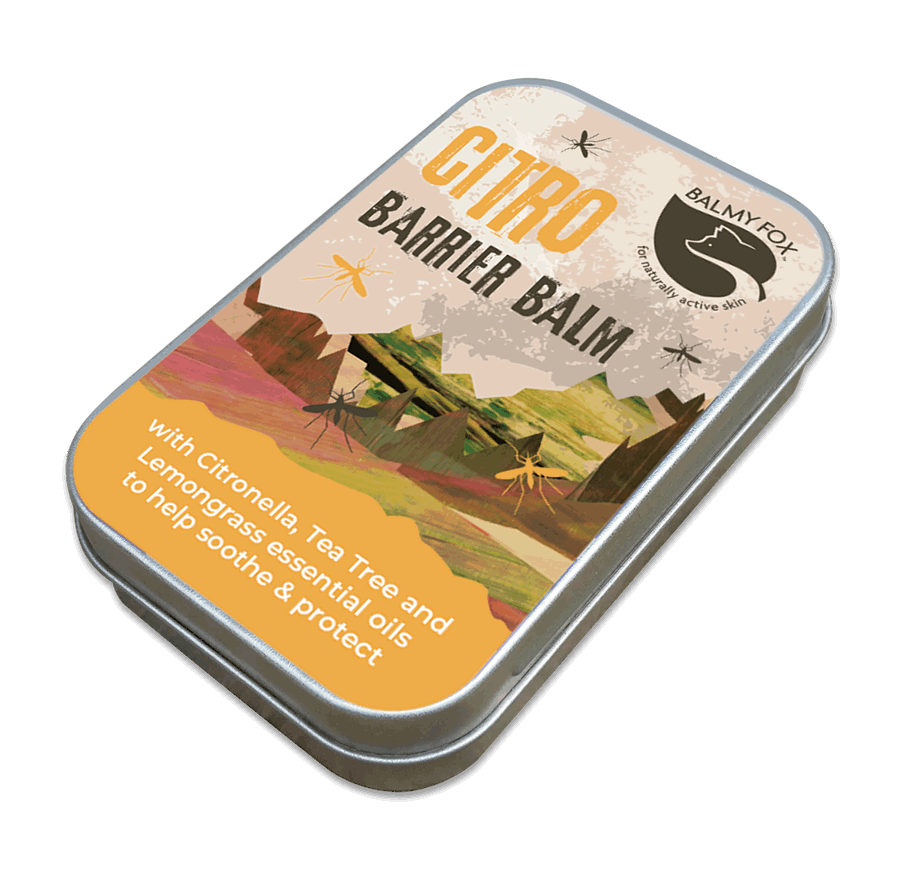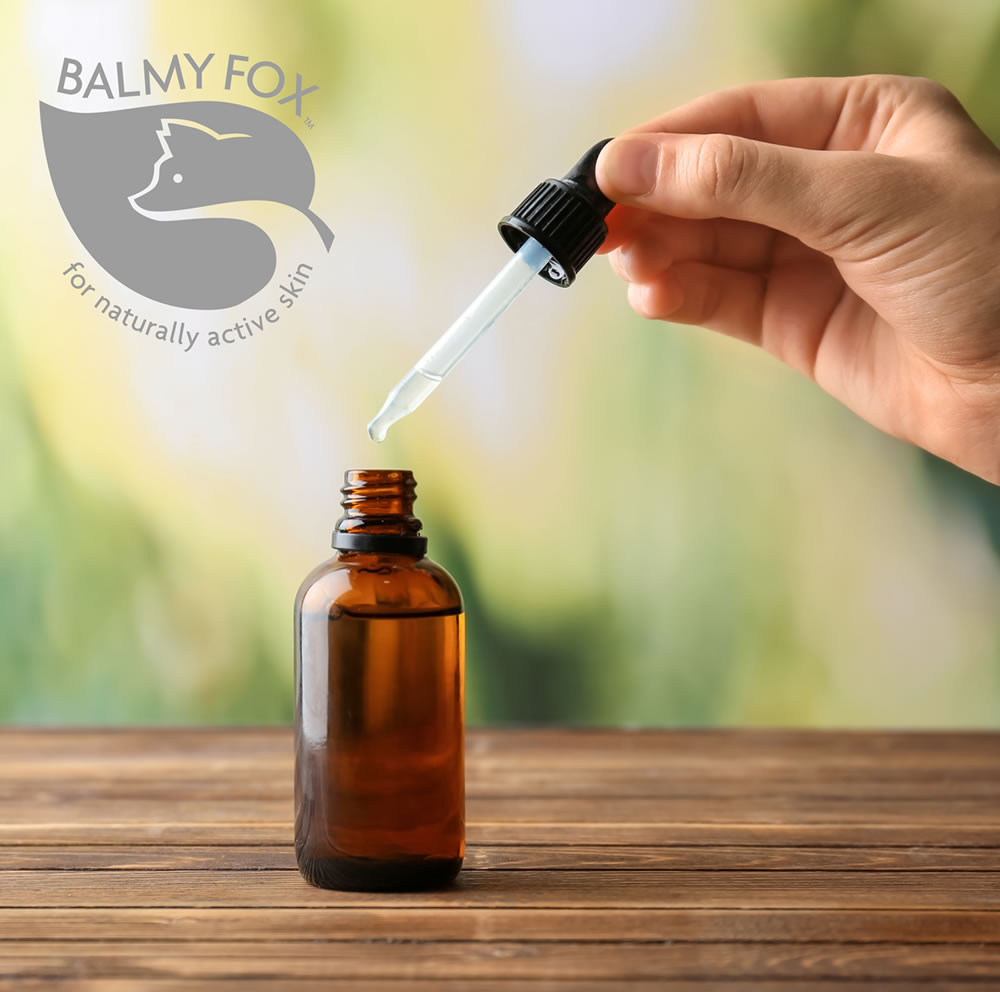
Ah, Spring. It’s a beautiful time of year when the birds sing and the flowers bloom, but it also brings a specific unwelcome guest: midges.
These tiny, pesky insects will surely be a nuisance if you’re on nature trails this season. While they don’t bite, they swarm and pester you with their buzzing and continuous presence. Fortunately, there is something you can do to ward them off without having to resort to DEET or other such harsh chemicals.
In this article, I’ll show you how to keep the midges away with natural deet-free protection so that you can enjoy your springtime trail adventures without any bothersome interruptions. Keep reading to learn more!
Springtime in nature is incredible, but it also brings challenges, namely, tiny flying insects called midges. Most commonly found near lakes, streams and wetlands, these pesky bugs are part of the family. Midges usually fly in huge swarms and feed on animal and human blood at dusk and dawn.
Midges are incredibly annoying and can make a camping trip or hike miserable if you aren’t prepared for them. The good news is that there are some natural ways you can ward them off. Natural products containing essential oils like citronella, lemongrass and tea tree provide adequate protection without risking your health from exposure to Deet, which is found in many commercial insect repellents.
Only the best will do when it comes to repelling midges and mosquitoes. An excellent natural deet-free repellent should have four key ingredients to help you beat the bugs: oregano oil, tea tree, lemongrass, and citronella.
Tests undertaken in the US by The Center for Control for Disease and Prevention have approved lemon eucalyptus oil as an effective natural insect repellent. This plant-based oil helps ward off biting insects like midges, fleas and even ticks.
Tea Tree Oil
Tea tree oil is also a valuable ingredient in a natural insect repellant. This aromatic oil from an Australian tree has potent antibacterial and antifungal properties, and it’s also been found to be an effective insect repellent against midges.
Oregano Oil
Oregano oil is a natural insect repellent that confuses insects’ senses. It is also a disinfectant, so it can help protect you from any diseases the mosquitoes may carry.
Balmy Fox – On the Trail Citro Barrier Balm – Deet-Free, moisturising and long-lasting.

Lemongrass Oil
Lemongrass oil is a natural repellent that can deter midges, mosquitoes, ticks, and other insects. It is also deet-free, so it’s an excellent choice for those who want to avoid synthetic chemicals. You can apply lemongrass oil to your skin or via a cream, balm or spray.
Citronella Oil
Lastly, citronella oil can be essential as a natural insect repellent. Citronella is derived from a grass-like plant and has been used for centuries as an effective insect repellent. It has a unique, lemony scent that can help ward off midges and other pesky bugs.
Combining these natural ingredients allows you to create a potent deet-free repellant that’s safe and effective against the dreaded midges. You can make these DIY repellents at home with just a few simple ingredients you likely already have in your pantry.

Are you wondering about the benefits of a natural, deet-free repellent? You’re in luck – there are many!
So if you’re hitting the trails this Spring, try a natural deet-free repellent – it’s the perfect way to protect yourself from midges without sacrificing your safety or comfort.
If you’re hitting the trails this Spring and want natural deet-free protection, you should know a few things. While natural products can work just as well as chemical ones, some tips for using and maintaining them will help you beat the midges.
The main thing to remember with natural repellents is to apply them liberally and frequently every two hours. It would be best to give the ingredients enough time to release their active compounds, so the more often you reapply, the better your chances of avoiding being bitten.
Natural or not, all insect repellents should be stored in a cool, dry place from direct sunlight and away from heat sources like ovens and stoves! This is especially important if you’re going on a trek and bringing along bug repellent; look for something lightweight and small enough to transport easily.
When protecting children from pesky bugs, it’s best to be extra careful. Even if a product is natural and deet-free, it’s always best to check with your health professional before use.
So you know midges are unavoidable on your next trail adventure. Now you’re probably wondering– how do I choose the right deet-free repellent? There are many natural options out there, and it’s essential to make sure you pick the right one for your needs.
There are a few key factors to consider when choosing a natural deet-free repellent:

When choosing a product, consider which application method best suits your outdoor needs and preferences.
5. Smell – Not all products smell pleasant – remember that certain plants like citronella or lavender may not be suitable if you have allergies or scent sensitivities. Additionally, some products use chemically based fragrances which could be irritating too, so always test out on the inside of your wrist before using.
Most of us don’t want to use chemical repellents when we’re out in nature, so let’s answer some common questions about natural remedies for midges as you gear up for your next hike or camping trip.
Yes! An essential oil blend of coconut oil, geranium oil and lavender oil can help to keep the midges away, plus it smells great too.
Yes! Citronella, eucalyptus and mint all work as natural repellents. Natural ingredients are often found in deet-free solutions like our all-natural midge sprays and balms.
Yes! Invest in guard gear such as midge nets and headwear with an integrated bug screen for an extra layer of protection. This will protect your head, face and neck while looking stylish, too “win-win!
So if you’re looking for a natural way to keep the midges away during your outdoor activities this Spring, plenty of deet-free solutions are easier on the environment and your skin too!
When it comes to hitting the trails this Spring and summer, there’s no denying that midges can be a pest. Numerous natural Deet-free protection options and other methods for beating the midges are available. Incorporating these methods into your spring and summer plans will ensure you and your loved ones have an enjoyable, insect-free experience, so you can focus on taking in all that nature has to offer.